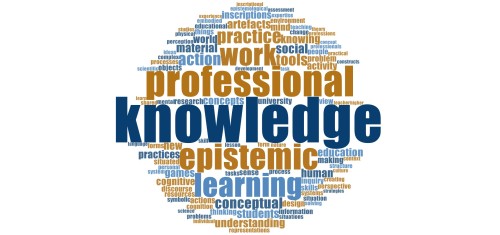We added a document with chapter abstracts and keywords on Epistemic fluency and professional education book page [PDF]. Perhaps this is the easiest way to find out what this book is about. Below are 100 most frequent words in this book.
About
This site has been created as a home for resources and discussion on the topic of Epistemic Fluency (Read more).Epistemic Fluency
"Working on real-world problems usually requires the combination of different kinds of specialised and context-dependent knowledge, as well as different ways of knowing. People who are flexible and adept with respect to different ways of knowing about the world can be said to possess epistemic fluency." (Read more in Chapter 1 of Epistemic fluency book)Archives
- June 2019
- May 2019
- April 2019
- November 2018
- June 2018
- April 2018
- December 2017
- September 2017
- July 2017
- June 2017
- May 2017
- March 2017
- February 2017
- January 2017
- November 2016
- October 2016
- September 2016
- August 2016
- July 2016
- June 2016
- April 2016
- February 2016
- December 2015
- October 2015
- September 2015
- August 2015
- July 2015
- May 2015
- May 2014
- June 2013
- May 2013
Stay in touch…
Receive updates via email by following us- Follow epistemic fluency on WordPress.com
